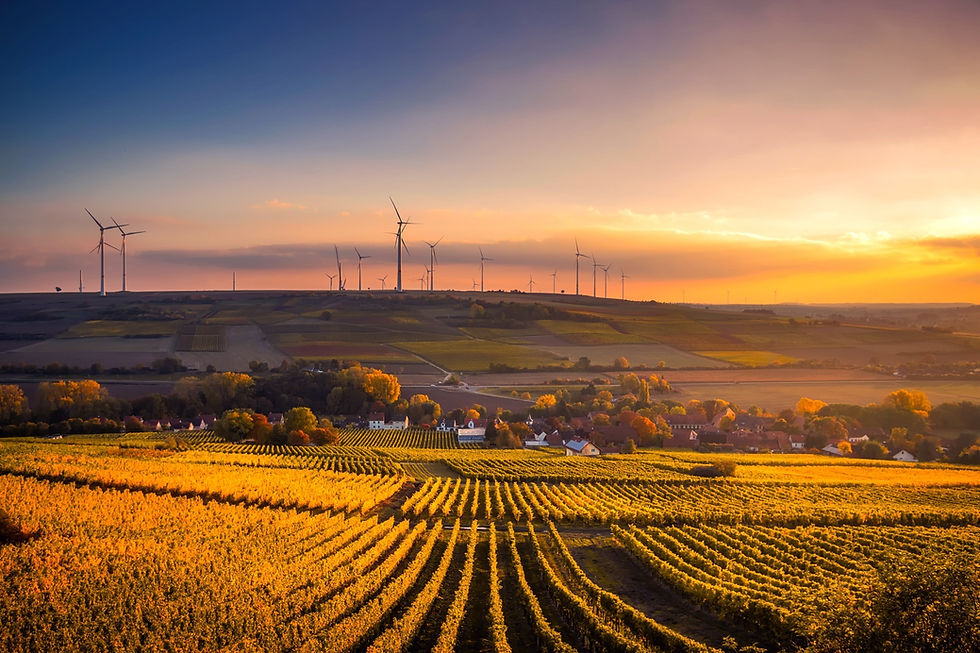It's hard to say, but I believe that if we continue to work towards them with determination and collaboration, we can progress towards achieving sustainable development goals. It will take time and effort, but the fact that there is a global effort to work towards these goals gives me hope that we can make a difference. It's important to remember that every action, no matter how small, can contribute to the larger goal of creating a more sustainable future for us all. The Sustainable Development Goals, or the Global Goals, are universal goals designed to end poverty, protect the planet, and ensure that everyone can enjoy peace and prosperity by 2030 in each United Nations member state. They are centred around six themes: dignity, people, the environment, partnerships, justice, and prosperity.
These goals go beyond economic development to encourage social development. The SDGs aim to promote and tackle other major global issues including climate change, economic inequality, innovation, sustainable consumption, peace, and equity, culminating in 17 goals, 169 specific aims, and 232 targets.

Sustainable Development Goals - Measures and challenges.

Is this a Race we can Win?
Over the past ten years, we have made significant strides in global school attendance, reducing child mortality and extreme poverty. Although these accomplishments are commendable, there is still much work to be done. Unfortunately, the latest SDGs 2020 Report indicates that we may not meet our goals by 2030, and the COVID-19 pandemic has only compounded the issue. Lockdown measures have resulted in widespread hunger, and school closures have had a severe impact on students in developing countries. Healthcare workers, caregivers, and informal labourers battling COVID-19 are at increased risk, particularly women who face a higher likelihood of domestic violence. Despite some progress in safeguarding our forests, biodiversity loss and ecosystem collapse remain significant concerns. Numerous infectious diseases are predicted to emerge in the future, and with COVID-19 still affecting millions of people worldwide, we risk falling short of the 2030 Agenda objectives. However, there is hope. By focusing on a single SDG, we can accomplish much more. Through inclusive collaboration and a climate-sensitive approach, we can recover from this pandemic and economic downturn while simultaneously enhancing public health, reducing poverty, and generating employment opportunities. It is critical that we prioritize the UN SDGs and strive towards a brighter future for all.
Comments